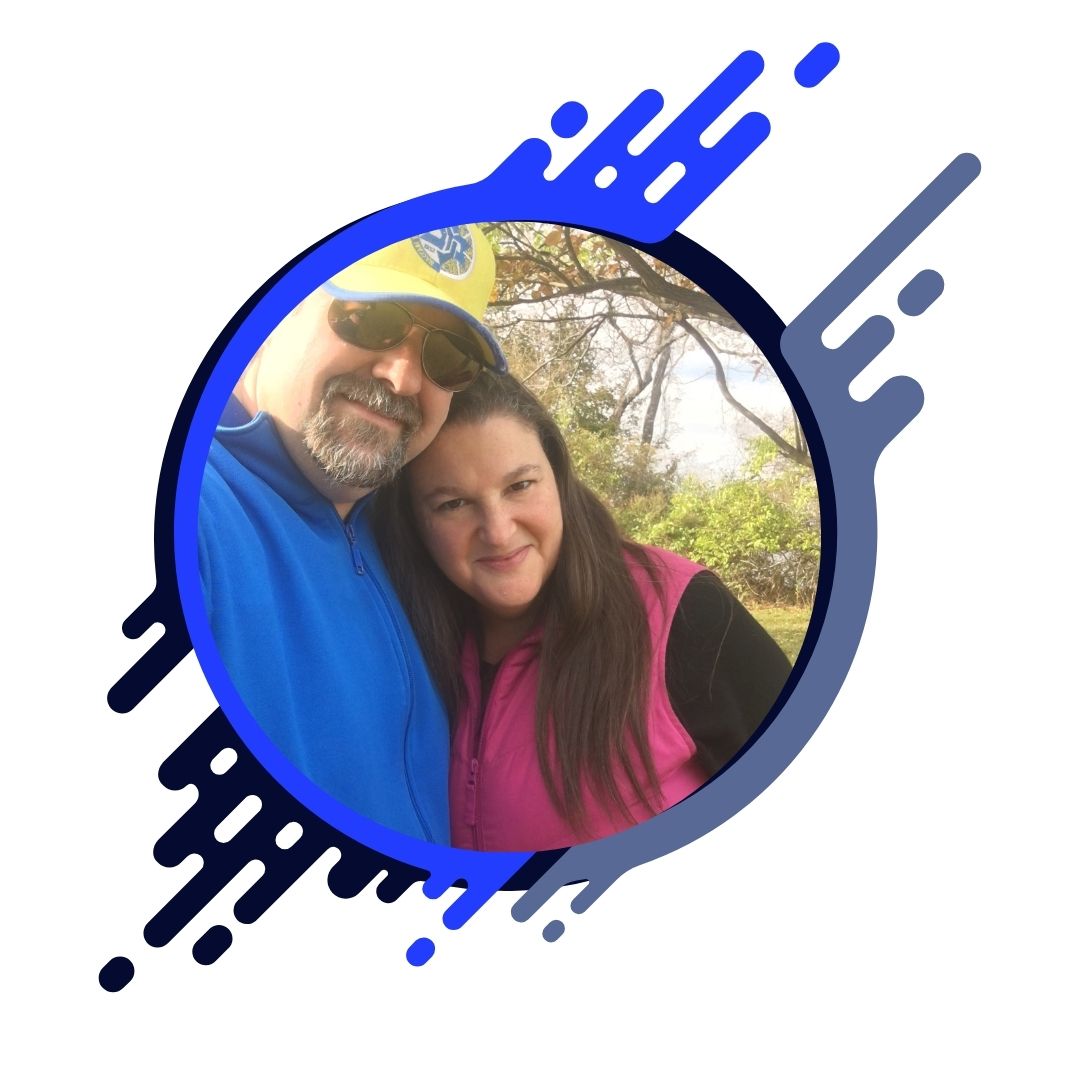
Drs. Michael Shwartzstein and Robyn Croutch bring over 45 years of experience to their chiropractic practice, focusing on holistic care for brain and body health. Inspired by a close friend’s son with ADHD, they integrated BrainCore Neurofeedback, achieving life-changing results for patients with autism, anxiety, and attention challenges. Dr. Croutch holds Dr. Amen’s Brain Health Professional Certification, and they also use thermography for early health detection. Together, they provide compassionate, comprehensive care for whole-body wellness.
ADHD, or Attention Deficit Hyperactivity Disorder, is often associated with children, but it’s important to remember that it doesn’t simply disappear as someone grows older. For many adults, ADHD goes undiagnosed, leaving them to struggle with challenges that they may attribute to stress, personality quirks, or other life circumstances.
If you’re a parent navigating your child’s ADHD diagnosis, you might have started noticing familiar patterns in your own behaviors—or perhaps in your partner’s. Understanding ADHD in adulthood is the first step in seeking support for yourself or a loved one. This guide sheds light on recognizing its signs, with the hope of empowering you to take the next steps toward balance and understanding.
What is ADHD in Adults?
ADHD in adults is a neurological condition that affects attention, impulsivity, and emotional regulation, just as it does in children. The difference is that adults are tasked with the challenges of managing work, relationships, and life responsibilities, where untreated ADHD can significantly impact daily functioning.
It’s not unusual for adults to be diagnosed after they’ve sought help for their child’s ADHD—or suspected it after recognizing similar traits in their child. Studies show that ADHD symptoms are hereditary, making it crucial for families to understand the broader impacts across generations.
Common Symptoms of ADHD in Adults
Symptoms of ADHD can present differently in adults compared to children. Here are some of the most common signs to watch for in yourself or someone you care about.
1. Difficulty with Focus and Attention
Adults with ADHD often struggle to maintain focus, especially during tasks that require sustained attention. This may manifest as:
- Forgetting key details during conversations or meetings
- Regularly misplacing things like keys or important documents
- Trouble following through on tasks or projects due to distraction
2. Impulsivity
Impulsive behaviors in adulthood can look different than they do in children. For adults, it might mean interrupting in conversations, making hasty decisions without considering consequences, or overspending impulsively.
3. Poor Time Management
Do you find yourself constantly running late or underestimating how long tasks will take? This can signal difficulties with executive functioning, a core challenge for people with ADHD.
4. Restlessness or Inner Agitation
While hyperactivity in adults isn’t as obvious as a child bouncing off walls, it might manifest as inner restlessness. For example, someone may feel unable to sit still, fidget often, or feel physically and mentally unsettled.
5. Emotion Regulation Challenges
ADHD often comes with heightened emotional sensitivity. Adults with ADHD may experience intense emotions, quick frustration, or difficulty calming down after becoming upset.
6. Struggles with Organization
From balancing bills to managing appointments, life can feel overwhelming for an undiagnosed adult with ADHD. Disorganization isn’t laziness—it’s one of the many ways ADHD impacts daily life.
7. Chronic Procrastination
Adults with ADHD may procrastinate on tasks, often waiting until the last possible moment to complete them. This creates a cycle of stress and frustration, both at work and in personal life.
8. Memory Lapses
Short-term memory issues, often called “working memory problems,” are frequent with ADHD. This might look like forgetting why you walked into a room, missing appointments, or losing track of halfway-completed tasks.
Why Do ADHD Symptoms Go Undiagnosed in Adults?
Many adults with ADHD were never diagnosed as children, often because their symptoms were less disruptive or easier to mask. Girls, in particular, may have been overlooked due to presenting fewer hyperactive behaviors and more inattentive signs.
Additionally, adults often chalk up their struggles to stress, anxiety, or being “scatterbrained.” They might not realize that their challenges are part of a broader neurological condition.
Taking the Next Step
Recognizing the signs of ADHD is empowering—it’s the first step to making changes that improve quality of life. If you see yourself or someone you love in the symptoms listed above, here are a few actionable steps you can take today.
- Talk to a Healthcare Professional
Consult a psychologist, psychiatrist, or general practitioner with experience in adult ADHD. They can help determine whether an official diagnosis is appropriate and discuss potential treatment options.
- Explore Holistic Health Approaches
Many adults with ADHD find value in mindfulness practices, a healthy diet, or exercise routines that promote focus and calming techniques.
- Seek Support
You’re not alone. Join an ADHD support group or find an online community where you can share experiences and learn coping strategies from others who understand.
- Consider Therapy
Cognitive behavioral therapy (CBT) is often recommended for adults with ADHD as it equips individuals with tools to manage challenges like organization, impulsivity, and anxiety.
- Leverage Technology
Apps and digital tools designed for scheduling, time management, and reminders can be game-changers for those managing ADHD.
Empowering You to Take Action
ADHD in adults isn’t a life sentence—it’s a unique way of processing the world that comes with its own strengths and challenges. Recognizing the signs early allows you to take actionable steps toward support and treatment. Whether you’re seeking help for yourself or wondering how ADHD might connect to your family dynamic, you’re taking a positive step forward.
Need more insights or resources to support your ADHD journey? Join our community of holistic health advocates and explore tools tailored for you. Remember, seeking help is not a sign of weakness—it’s a step toward living a more fulfilling and balanced life.


0 Comments